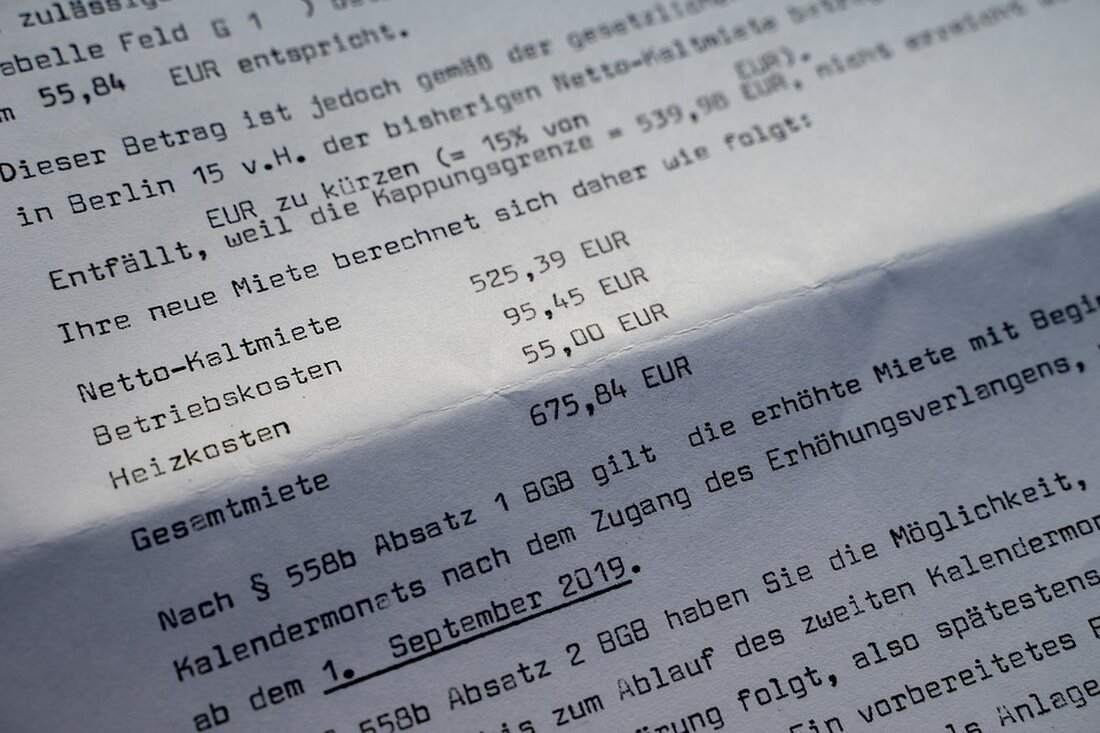Rent increases in Berlin: Politicians are calling for communication of commitments - pressure on Vonovia increases
Rent increases in Berlin: Politicians are calling for communication of commitments - pressure on Vonovia increases
rent increases are a sensitive topic in major German cities, especially in Berlin. There, rents have been subject to a rental cover since 2020, which has since been declared invalid by the Federal Constitutional Court. The housing group Vonovia is now criticized because, according to the alternative tenant and consumer protection association (AMV), it did not comply with its commitments from the rent alliance.
In the rental alliance, Vonovia and his subsidiary Deutsche Wohnen promised to increase rents for households with entitlement to a living authority (WBS) by the end of 2023 only by a maximum of two percent per year. However, the AMV has found that Vonovia and German living have not communicated these rent increases. This led to demands for consequences on the part of politics.
politicians from the government coalition now demand that Vonovia keeps his commitments and communicates transparently under which conditions the rents can be increased. CDU MP Christian Gräff emphasizes the expectations of all companies to comply with their promises in the rent alliance.
The debate about rent increases is particularly explosive in Berlin, since Vonovia and German living together have around 140,000 apartments in the city. The housing market in the capital is tense and rents have risen sharply in recent years. This leads to ever greater pressure on politics to take measures to protect the tenants.
In addition to the demand for transparency in relation to rent increases, the demand for socialization of apartments is also growing in the opposition. The idea behind this is that private housing companies such as Vonovia are expropriated and the apartments are transferred to the public. This is intended to reduce the influence of the corporations on the housing market and make a social housing policy possible.
The debate about rent increases and the influence of large apartment companies such as Vonovia will continue to stop in Berlin. The political actors are required to take suitable measures in order to reduce the stress on the tenants and to ensure a fair housing policy.


Kommentare (0)